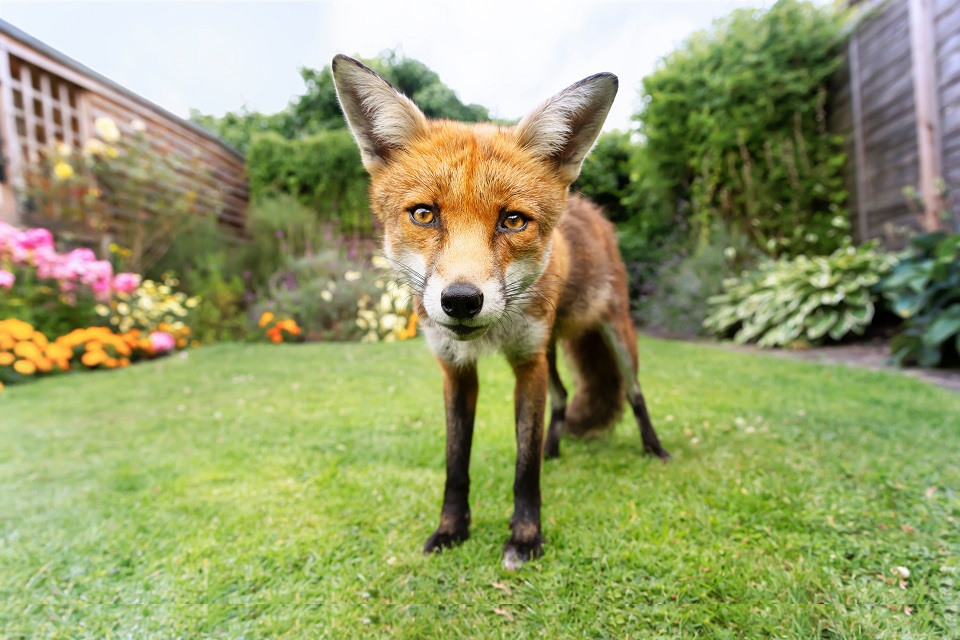Keele conservationist to study how urban wildlife is responding to Covid-19 lockdown

New research led by Keele University will explore how lockdowns across the world due to the Covid-19 outbreak are impacting the lives of urban animals.
In response to the Covid-19 outbreak governments across the world have declared a period of social isolation resulting in cities and town centres becoming quieter whilst residential gardens and outdoor spaces are getting busier.
In recent weeks there have been reports of animals already adapting to the reduced human activity including Kashmiri goats roaming around Llandudno, North Wales, troops of monkeys in Singapore, wild boars in cities across Europe and Coyotes wandering streets during daylight in USA.
For urban wildlife, which includes mammals and birds living alongside people in cities, the lockdown will affect levels of disturbance from humans and food availability. Lead researcher Professor Dawn Scott, an expert in Mammal Ecology and Conservation, will use this unprecedented time to try to collect information and answer the study’s overarching question - How have urban animals responded to changes in human activity during the COVID-19 lockdown?
The research will collect records on any observations of unusual animal behaviour during the lockdown, determine the effects of reduction in human activity in city and town centres on urban wildlife, and the effects increased human activity in gardens and outdoors space is having.
To take part in the study fill in this short questionnaire on urban wildlife. The data will be combined with other data from media searches to produce a report on the response of urban animals to lockdown across the globe.
Professor Scott, Head of the School of Life Sciences at Keele University, said: “Urban animals have been able to adapt to our landscape and live alongside towns, cities and suburbs so we know they are already highly adaptable. This flexibility in behaviour means they can usually quickly respond to changing conditions, including the absence of humans, which is happening during the lockdown.
“Across the world we have seen reports of animals roaming cities and in locations that they wouldn’t normally be seen during the day. Social isolation is an opportunity for many to learn more about nature and how we can support it. We’re asking people to take part in our study and help us discover how urban animals are responding due to our change in behaviour.”
Most read
- ResearchPlus: New collaborative of research-focused universities launches to give voice to critical research and innovation drivers
- Weather radar data reveals alarming declines in insect populations
- First cohort of Nursing Associate apprentices begin studies
- Harper & Keele Vet School’s veterinary degree receives RCVS approval
- Keele astrophysicists contribute to NASA-supported research discovering building blocks of life in neighbouring galaxy
Contact us
Andy Cain,
Media Relations Manager
+44 1782 733857
Abby Swift,
Senior Communications Officer
+44 1782 734925
Adam Blakeman,
Press Officer
+44 7775 033274
Ashleigh Williams,
Senior Internal Communications Officer
Strategic Communications and Brand news@keele.ac.uk.


